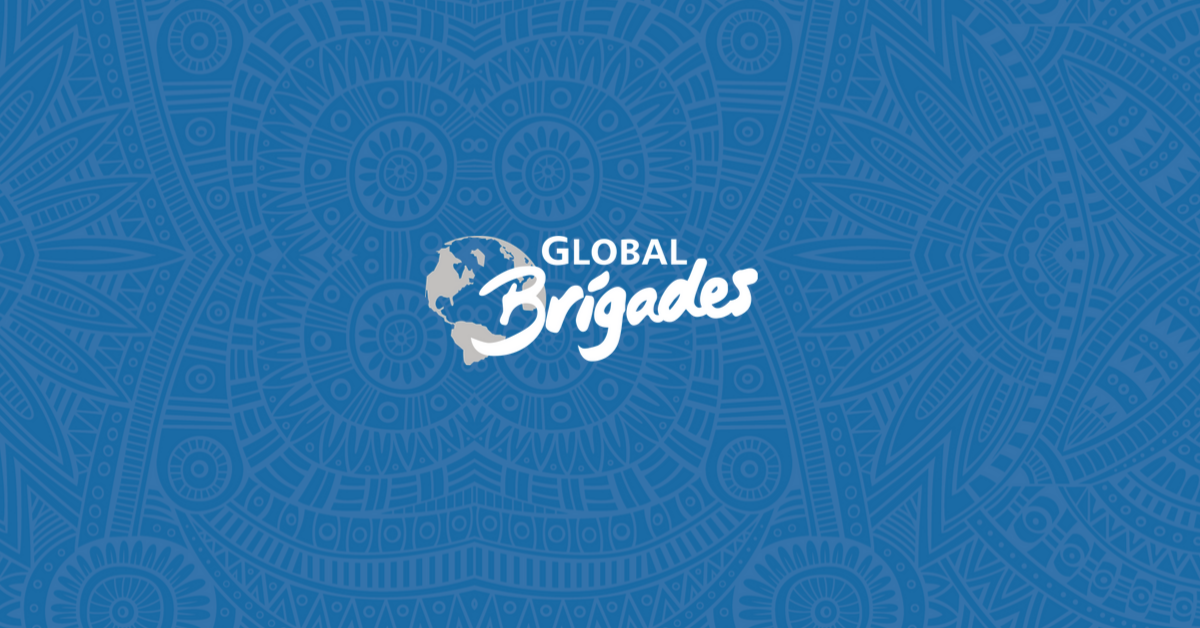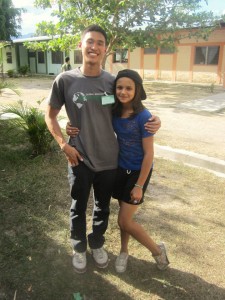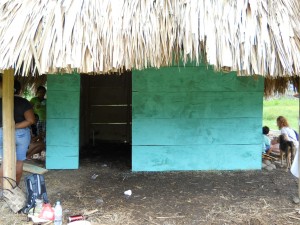The term “business” is usually synonymous with terms like “profit seeking”. At the end of the day, why do Wall Street firms, large multinational organizations, and big banks exist?…
To make someone rich, right?
Large businesses have once again gained some notoriety over the last year—as the U.S. global economy fell into perilous recession; Americans were forced to uncover the dirt that had been swept under the rug for years. This included such high profile names as Thain, Stanford, and of course, Madoff.
Having recently arrived in Panama from the U.S. and an ephemeral culture of corporate resentment, it was a dramatic change to arrive, on my first Business Brigade, at the small island of Niadup, San Blas. The Kuna indigenous community has inhabited the San Blas archipelago for many years and are known for being very protective over their cultural traditions and way of life—in fact, so much so that the Peace Corps is no longer permitted to operate on its comarca territory. This known, it was an honor to arrive from Panama City via a forty-five minute plane ride and another thirty-minute boat ride to a small island that seemed to appear out of a J.M. Barrie story. Complete with thatched roofs, handcrafted fishing canoes, and the audaciously bright and ornate textiles worn by Kuna women—I felt I was on the other side of the universe from the U.S. However, I was under the stern impression we were there to fortify a lethargic “hammock business”—a project that seemed simple enough.
To my surprise, The Kuna people were not interested in maximizing the profit of their hammock business—but rather, they were interested in preserving the tradition of the craft. The community of Niadup has only a small handful of people who know how to create the beautiful cotton hammocks that are used in nearly all of their cultural rituals—from marriage ceremonies, to Congressional Meetings, to sleeping, to raising a family—the hammock is staple and quotidian fixture in the lives of the Kuna. While it took the student group a short time to understand that “business” is not always about profit seeking, we all left with a new and refreshing perspective of what other connotations “business” can invoke such as “sharing” or “community preservation”. The entire time I spent on the island paradise of Niadup, I couldn’t help but remember the Confucian saying, “Life is really simple, but men insist on making it complicated”. Perhaps, U.S. corporate conglomerates could learn a few things from the Kuna—just as I certainly did.



